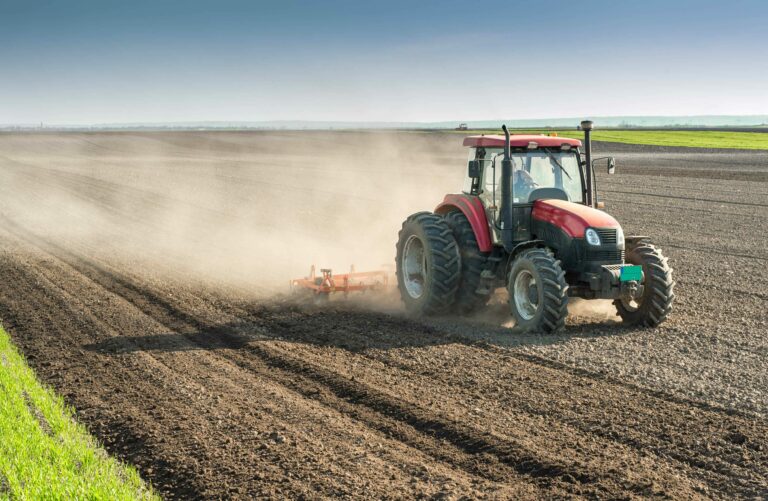At first glance, it’s difficult to see why HMRC pursued this case to The First Tier Tribunal (FTT). And when they got there, the arguments that they put forward left them with “egg” on their face and looking a bit “sheepish”.
The FFT has recently ruled in favour of The Yorkshire Agricultural Society in its dispute with HMRC over the VAT treatment of admission charges to The Great Yorkshire Show (GYS).
The background to the dispute was that the society had formed the view that the admission charges to the GYS were VAT exempt under the fundraising exemption and treated them as such from 2017 onwards. The society also submitted a claim for VAT paid in “error” on admissions to the 2016 show.
VAT exempt or standard rated?
HMRC disagreed with the society’s view and refused the claim for the 2016 admissions and issued an assessment for the admissions from 2017 onwards. The issue was therefore relatively straightforward – were the admission charges exempt or standard rated?
The relevant legislation in the UK is VAT94, Sch 9, Grp 12, Item 1. The supply of goods and services by a charity in connection with a fundraising event can be exempt from VAT if the following conditions are met:
a) the event is organised for charitable purposes;
b) the primary purpose of the event is the raising of money; and
c) it is promoted as being primarily for the raising of money.
The society appealed on two points:
1. They met the conditions of the exemption; and
2. The assessment raised by HMRC was invalid.
The FTT considered the assessment first of all and found that it was invalid, having been raised outside the statutory time limits for issuing assessments. This in itself provides a salutary lesson – never assume assessments are correctly raised and check their validity just in case.
VAT liability issue
The FTT was generally critical of HMRC’s presentation and arguments in this case. For example, the tickets, fliers, programmes and website included the following statement:
“The Great Yorkshire Show raises funds for the Yorkshire Agricultural Society to help support farming and the countryside.”
The FTT found this statement clear and unambiguous and was critical of HMRC’s arguments that it should have been bigger and more prominent and did not include the word fundraising.
The FTT also thought that HMRC’s interpretation of Item 1 (b) was far too restrictive. Whilst fundraising was not the exclusive or foremost purpose of the show, it was sufficient to be a main purpose alongside the promotion of farming.
The implications
The decision, whilst only binding on the parties involved, appears to relax the conditions for exemption and will hopefully cause HMRC to revisit their policy in this area. Charities should therefore consider the implications on their activities and whether it impacts their VAT recovery position.
The assessment issue also provides a timely reminder that tax payers should check that HMRC assessments are validly made and issued in time.



